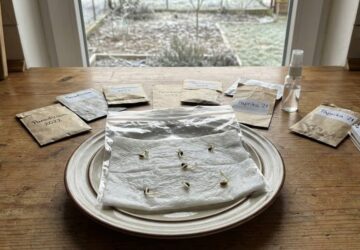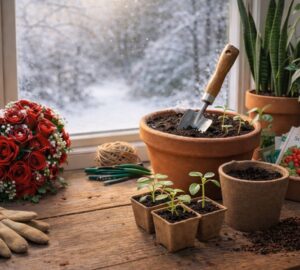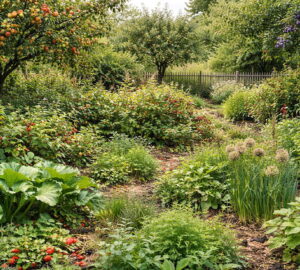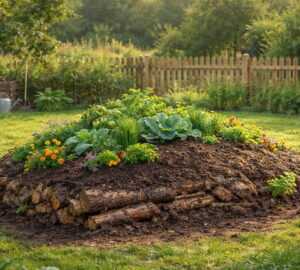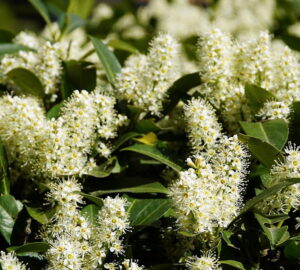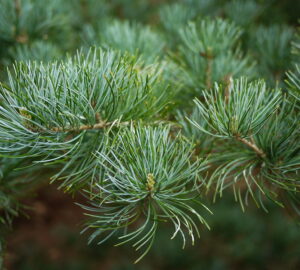In recent years, the global focus on sustainable practices has brought greater attention to the intricate and vital roles that gardens, plants and pollinators play in our ecosystems. Throughout the year, several international days celebrate and raise awareness about these crucial aspects of our natural world. Here are some of the most significant dates, along with their relevance to current trends in sustainability.
International Day of Forests – March 21
The International Day of Forests, established by the United Nations, highlights the importance of all types of forests. Celebrated on March 21, this day encourages sustainable management, conservation and sustainable development of forests worldwide. Activities include tree planting campaigns, educational events and initiatives that promote the critical role forests play in sustaining life on Earth.
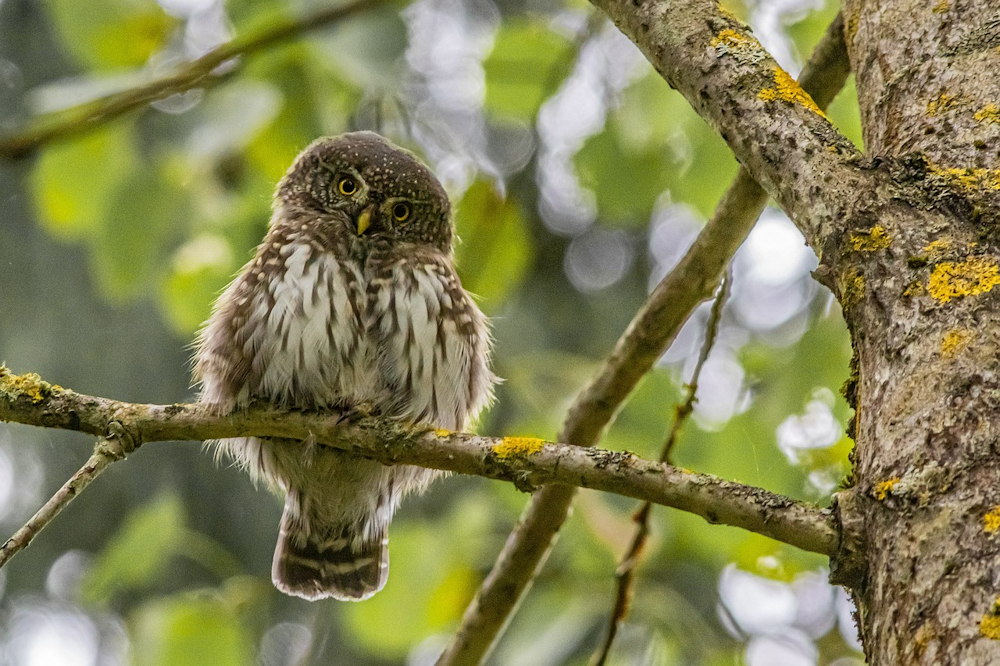
World Planting Day – March 21
Coinciding with the International Day of Forests, World Planting Day emphasizes the importance of planting trees and plants. This day aims to inspire communities to engage in reforestation and afforestation activities, contributing to the global effort to combat climate change and restore ecosystems.
Earth Day – April 22
Earth Day is perhaps the most well-known environmental event, celebrated globally on April 22. While it covers a broad range of environmental issues, significant attention is given to horticulture, sustainable gardening and planting trees. Earth Day’s theme changes annually, often focusing on urgent environmental challenges and promoting sustainable practices to protect our planet.
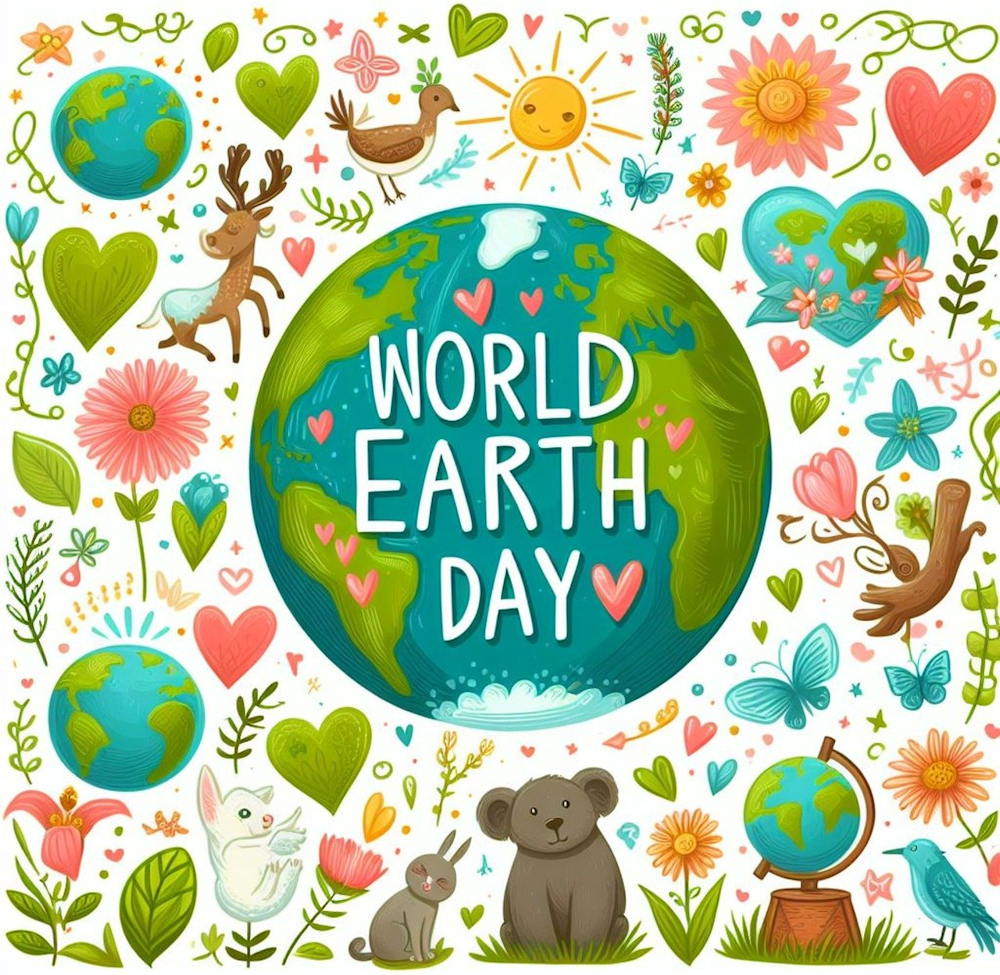
International Day for Biological Diversity – May 22
On May 22, the International Day for Biological Diversity is observed to increase understanding and awareness of biodiversity issues. This day underscores the importance of diverse plant species and their roles in maintaining healthy ecosystems. Efforts to protect plant biodiversity are critical in the face of habitat loss and climate change.
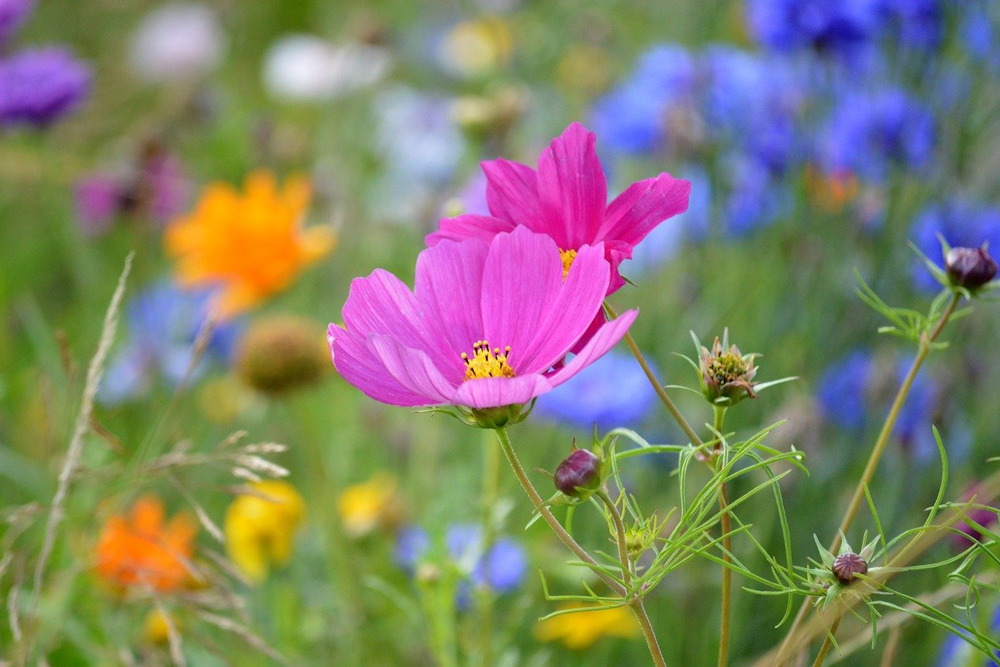
World Environment Day – June 5
World Environment Day, celebrated on June 5, is a United Nations initiative encouraging worldwide awareness and action for environmental protection. Each year focuses on a different environmental theme, with many past themes highlighting the significance of plant life, green spaces and sustainable land management practices.
National Pollinator Week – Third week of June
National Pollinator Week is a celebration in the United States during the third week of June, dedicated to recognizing the vital role pollinators play in our ecosystems. This week promotes the health of bees, birds, butterflies, bats and beetles by focusing on conservation efforts, habitat restoration and sustainable gardening practices.
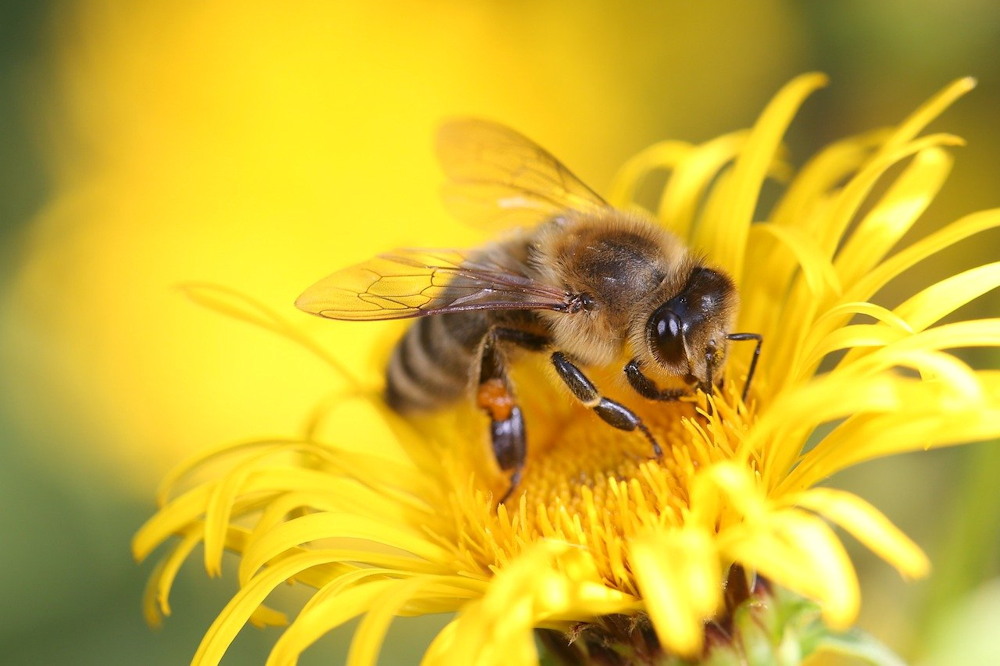
International Day of Clean Air for Blue Skies – September 7
While not exclusively about plants, the International Day of Clean Air for Blue Skies, celebrated on September 7, is crucial for promoting the connection between clean air and healthy plant life. Trees and plants play a significant role in purifying air, and this day encourages actions that reduce air pollution and support healthy plant ecosystems.
World Food Day – October 16
World Food Day, observed on October 16, highlights global food security issues and the importance of sustainable agricultural practices. This day emphasizes the role of horticulture in providing nutritious food and advocates for sustainable farming techniques that protect plant health and biodiversity.
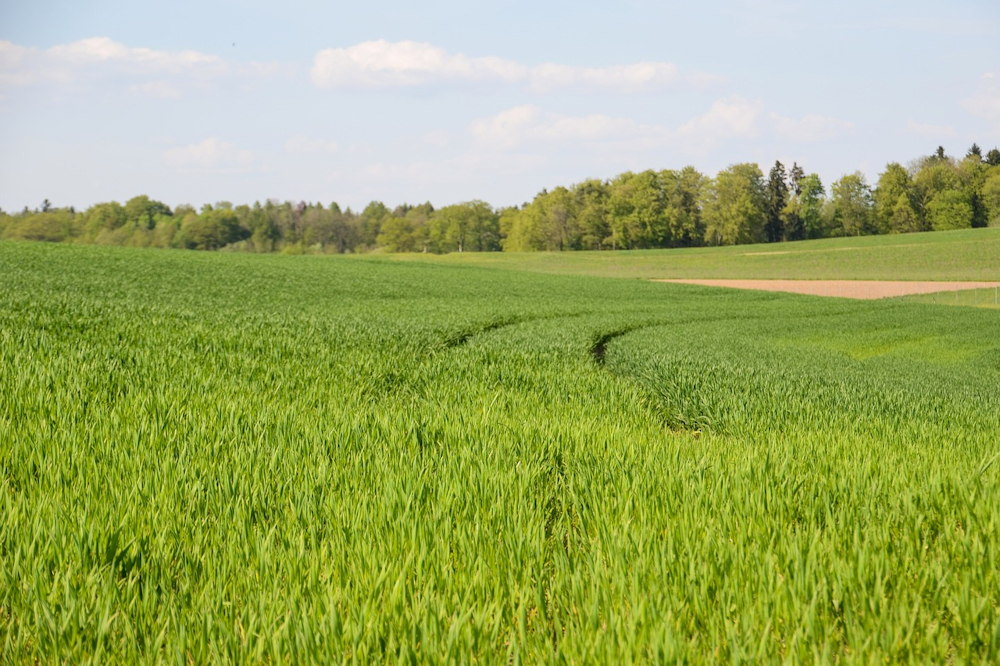
National Tree Day – Dates Vary by Country
National Tree Day is celebrated in many countries on various dates, typically during the growing season. This day encourages individuals and communities to plant trees, promoting reforestation and urban greening projects. National Tree Days highlight the critical role trees play in combating climate change and enhancing urban environments.

Trends in Sustainable Practices
Recent years have seen a significant shift towards sustainability in gardening and horticulture. Practices such as organic gardening, permaculture, and the use of native plants are becoming increasingly popular. These methods not only contribute to the health of the environment but also support local wildlife, including essential pollinators.
Permaculture is a sustainable design philosophy and practice that aims to create self-sufficient agricultural ecosystems by mimicking natural processes and fostering harmony between humans and the environment. It integrates land, resources, people, and the environment through mutually beneficial synergies.
Urban gardening initiatives, such as community gardens and green rooftops, are also on the rise, addressing food security issues and providing green spaces in cities. These trends reflect a growing awareness of the need to integrate nature into our daily lives and mitigate the impacts of climate change.
Cultivating a Greener Tomorrow
As we celebrate these international days, it’s crucial to remember the vital roles that plants, gardens and pollinators play in our ecosystems. By embracing sustainable practices and raising awareness through these observances, we can contribute to a healthier, greener planet for future generations.
